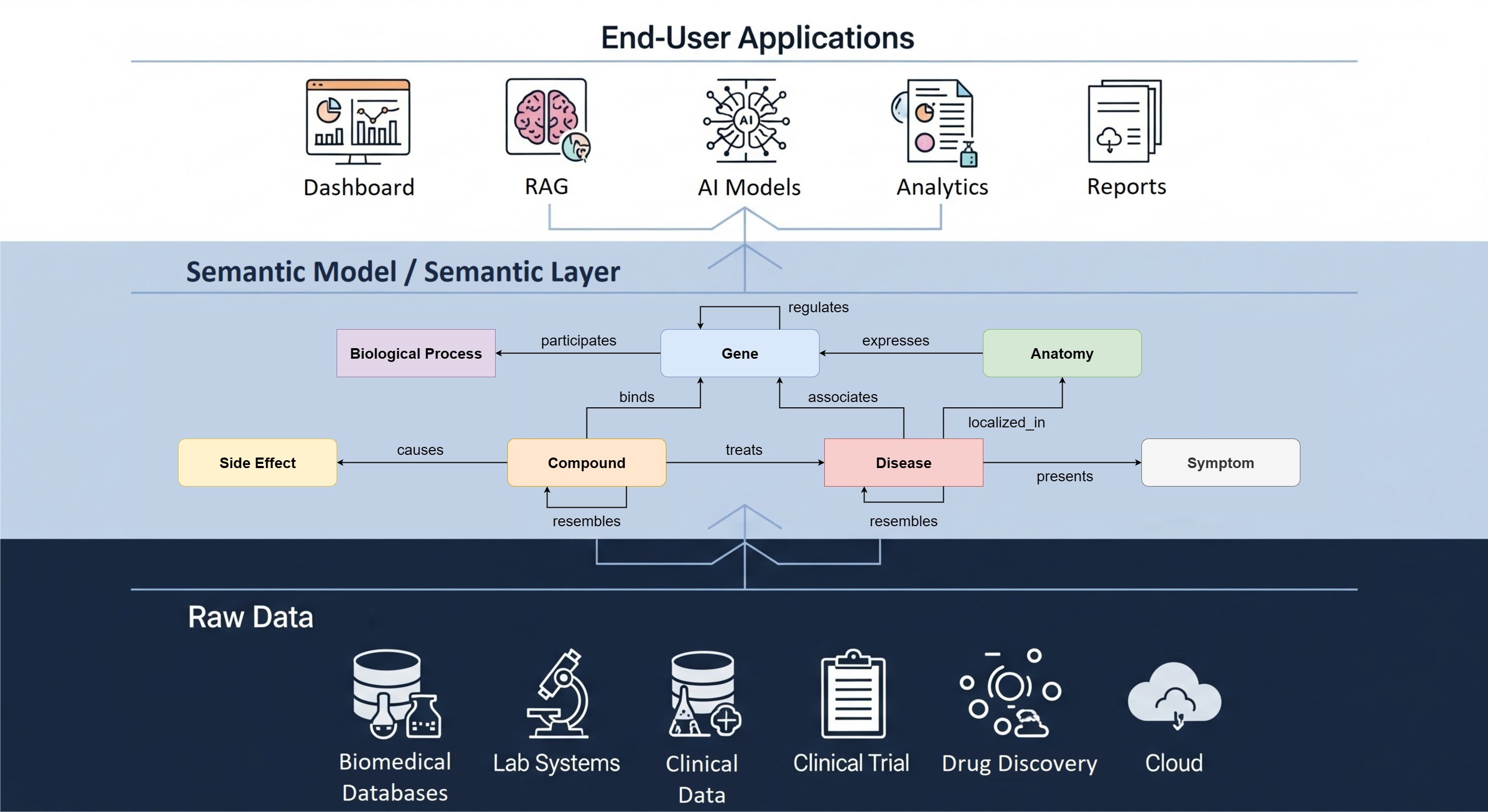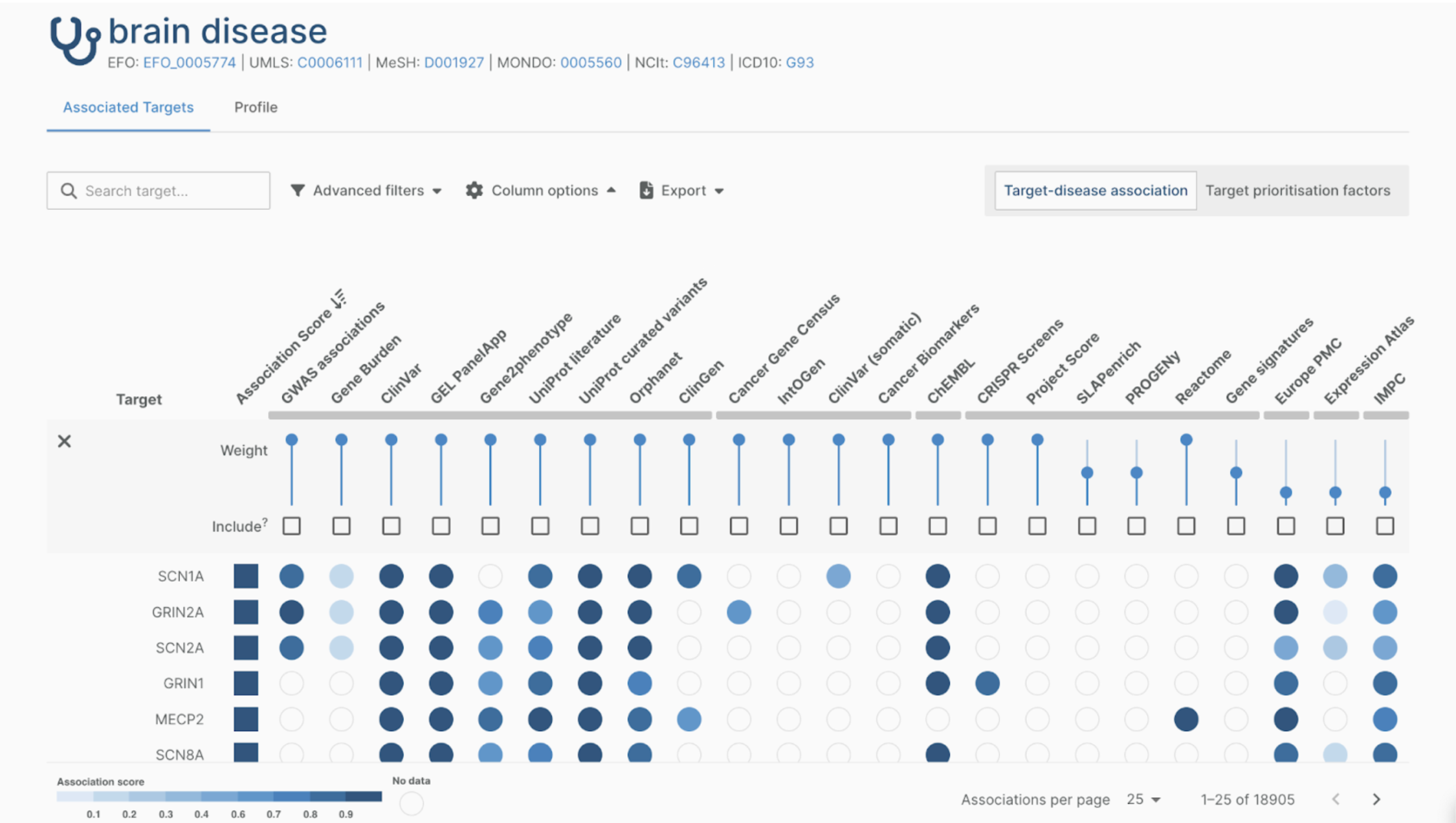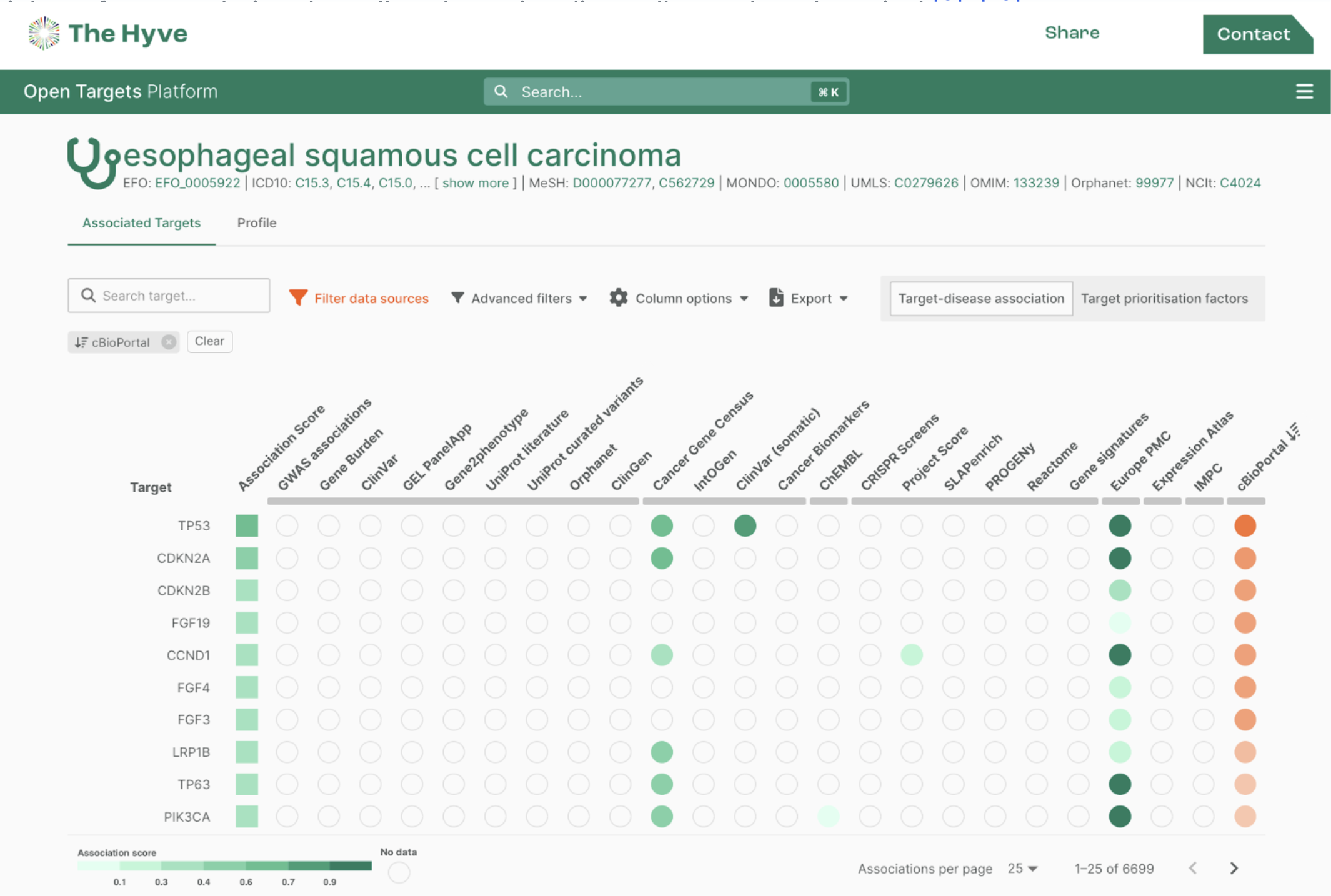We're excited to announce that cBioPortal and RADAR-base, two of the platforms that we at The Hyve help build, support, and maintain, have been chosen as mentoring organisations that will participate in this year's Google Summer of Code (GSoC).
The Google Summer of Code is a global, online program that attracts new contributors to open-source software development. For this program, GSoC participants work with an open-source organisation on a 12+ week programming project under the guidance of mentors from the open-source community. Make sure you apply soon, applications are due on the 19th of April, 2022 18:00 UTC.

cBioPortal
cBioPortal is an exploratory analysis tool for exploring large-scale cancer genomic data sets that hosts data from large consortium efforts, like TCGA and TARGET, and publications from individual labs. Visualizations on cBioPortal include survival analysis, networks analysis, co-expression, lollipop plots and the onco-print. Furthermore, a study view provides summary statistics of your clinical data allowing you to create a subset of your data for further analysis.
The portal supports various genomic data types, including somatic mutations, DNA copy-number alterations (CNAs), mRNA and microRNA (miRNA) expression, DNA methylation, protein abundance, and phosphoprotein abundance.
The cBioPortal for Cancer Genomics was initially developed at Memorial Sloan Kettering Cancer Center (MSK). The public cBioPortal site is hosted by the Center for Molecular Oncology at MSK. The cBioPortal software is now available under an open-source license via GitHub. The software is now developed and maintained by a multi-institutional team consisting of MSK, the Dana Farber Cancer Institute, Princess Margaret Cancer Centre in Toronto, Children's Hospital of Philadelphia, The Hyve in the Netherlands, and Bilkent University in Ankara, Turkey.
If you or someone you know is interested in contributing to cBioPortal and wants to support the open-source cancer research, check this link to explore various projects. Guidelines for participants interested in contributing to cBioPortal can be found here.
RADAR-base
In the past years, The Hyve has been actively involved in developing RADAR-base (Remote Assessment of Disease And Relapses). This open-source platform leverages data from wearable devices and mobile technologies. The RADAR-base community consists of software engineers, data scientists, researchers, operations engineers and bioinformaticians. The platform was built and is maintained by The Hyve’s RADAR-base team and PhiDataLab at King's College London under the IMI RADAR-CNS and IMI RADAR-AD project.
RADAR-base’s Google Summer of Code program will consist of several projects. The participants will be mentored by Nivethika Mahasivam (Product Manager), Joris Borgdorff (Software Architect) and Peyman Mohtashmi (Software Engineer) from The Hyve and Pauline Conde (Software Engineer), Yartharth Ranjan (Software Engineer) and Heet Sankesara (Researcher) from the PhiDataLab at King's College London.
You can find more information about the Google Summer of Code here, and the Guidelines for participants interested in contributing to RADAR-base can be found here.
The list of project ideas for this year’s Google Summer of Code includes:
Organisation and Project Archival and Export on Management Portal
aRMT Protocol Generator and Questionnaire Tester
Apple HealthKit integration to aRMT
IoT Production-Ready Framework
Fitbit Web API Subscription and Nutrition API Extension
Grafana Dashboards for visualising the data in realtime
Participant Dashboard
If you or someone you know is interested in contributing to open-source projects, check this link to explore various projects.
On behalf of the cBioPortal and RADAR-base community, we look forward to welcoming new contributors to the open-source community and anticipate a fun summer of coding.



